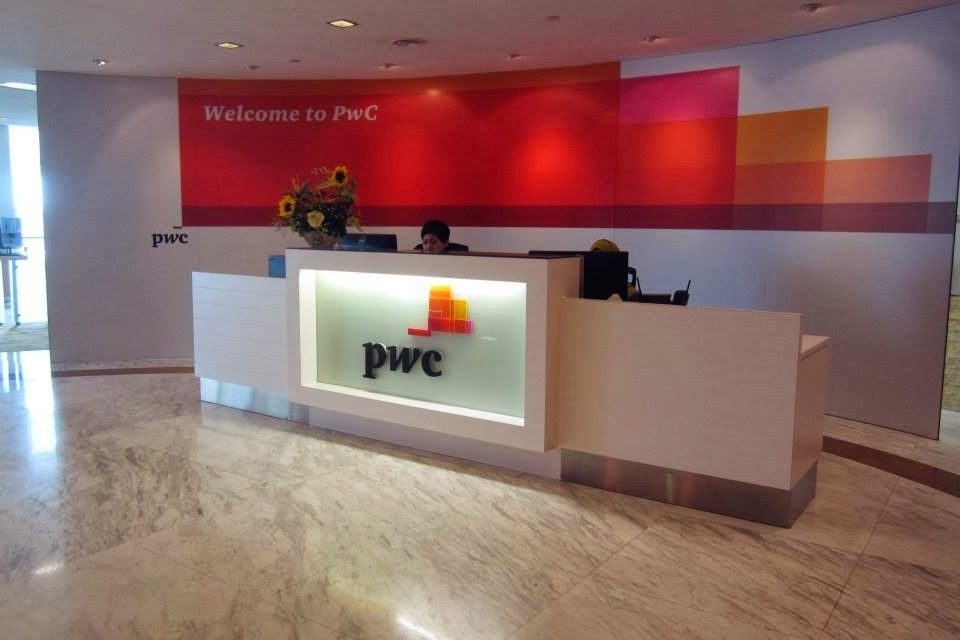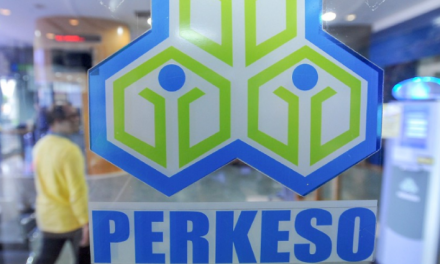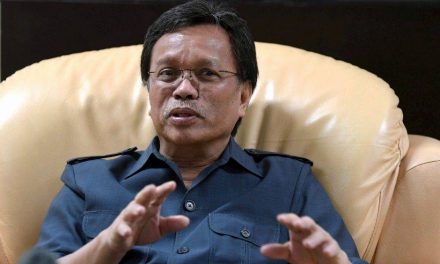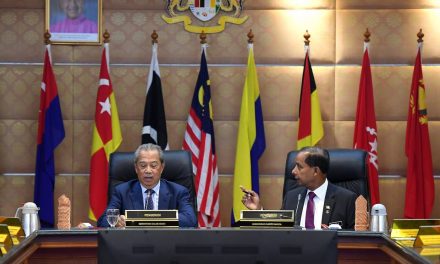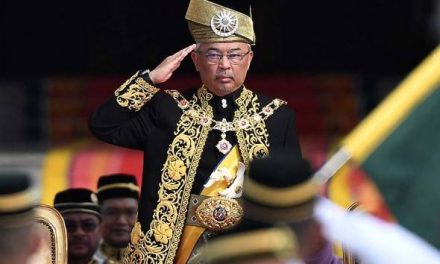KUALA LUMPUR | Auditing firm PwC Malaysia announced enhancements to its flex+ programme, which include longer paternity leave of 30 days, additional claims for lifestyle and outpatient treatment expenses, and allowing medical leave without requiring doctor’s notes.
In a statement today, the group said these enhancements are part of the firm’s priority to continue its focus on well-being and flexibility at work and cater to the varied needs of its people.
“As a firm, we are on a journey to empower our people with greater flexibility to manage their work and personal priorities. At the same time, we want to support working parents, as they manage through changing priorities and circumstances,” said PwC Malaysia managing partner Sridharan Nair (Sri).
“We recognise the role ‘inclusive workplace policies’ plays in motivating and developing our people,” he added.
The additional paternity leave is aimed at encouraging fathers in the firm to play a more active role in parenting, and share responsibilities in taking care of their new born.
Meanwhile, the new flexBenefits allows employees to claim lifestyle-related expenses which include leisure travel, childcare-related services, and equipment and personal development courses, as well as medical expenses for specialist outpatient treatment.
Other perks under the programme include allowing employees to take medical leave without having to produce a medical chit, and taking an additional day off on their birthday.
“Over the years, we have endeavoured to promote a culture which focuses on outcomes rather than the number of hours our people spend at work. Our ask of our people is that they are responsible in exercising the flexibility given to them, be it in observing flexible working arrangements, taking medical leave without having to produce medical chits, or deciding what’s appropriate to wear based on their schedule for the day,” said PwC Malaysia People Partner, Pauline Ho.
“We believe that for any flexible work practices or benefits programme to be successful, trust needs to be a critical factor to bring out the best in our people,” Ho said.
“This is the thinking behind how we design our rewards and recognition initiatives,” she added.

